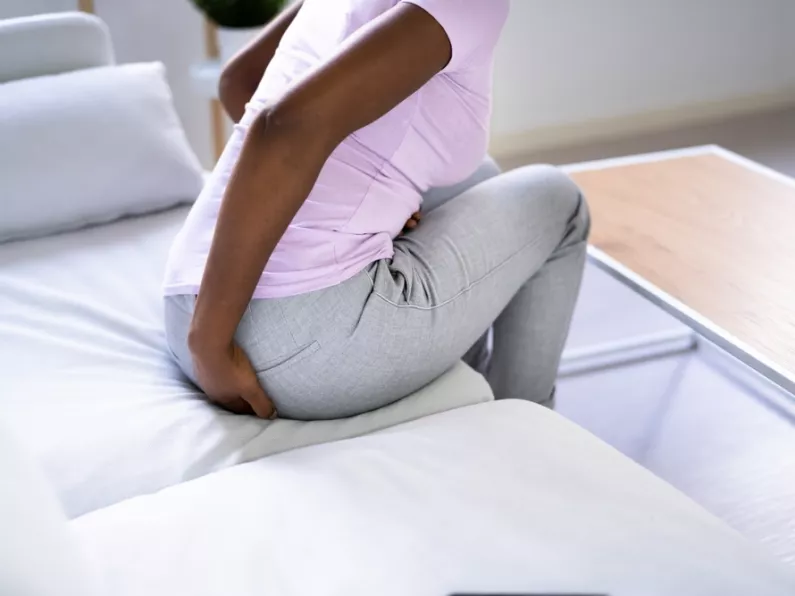Unwelcome? Yes. Uncommon? No. Welcome to pregnancy hemorrhoids: what you need to know.
Pregnancy can be the most amazing, magical feeling in the world but let's face it, it can also be hard work.
These tiny little humans growing inside of us can wreak havoc in there.
One of the more unpleasant side effects of pregnancy can be hemorrhoids (also known as 'piles'.)
Pregnancy hemorrhoids: what you need to know
Never experienced hemorrhoids before pregnancy? That's probably because there is an increase of pressure on your rectal veins when you are expecting.
This can be down to your uterus enlarging, hormonal changes, an increased blood flow, and of course, pressure from your growing baby.
It most likely occurs during your second and third trimesters when bump starts getting bigger, with hemorrhoids impacting one in every four pregnant women.
Symptoms of hemorrhoids
Symptoms of hemorrhoids include the below:
- Itching, pain, or swelling around your anus
- A feeling like you still need to poo straight after you’ve been
- Pain when passing a stool and a mucus discharge afterwards
- A lump around your anus
- Bright red blood after you pass a stool. (Speak to your doctor if you are experiencing this symptom in case it is something more serious).
Treatment:
- Constipation can be a cause of hemorrhoids so make sure you are drinking lots of fluid and eating plenty of fibre to keep your poo soft and easy to pass
- Constipation can also be avoided by regular exercise and cutting down on alcohol and caffeine
- Straining on the toilet because of constipation can trigger or worsen hemorrhoids
- Keep your bottom clean and dry and do not ignore the urge to poo when you have it
- Take a warm bath to relieve itching and pain
- Avoid standing for long periods
- Wipe your bottom gently with damp toilet paper
- Use a cloth wrung out in iced water to ease the pain, hold it gently against the piles.
Consult your doctor
If you notice the piles sticking out, push them gently back inside - using a lubricating jelly if needed.
Speak to your doctor or pharmacist if you need any further help or advice with dealing with hemorrhoids.
Speak to your doctor immediately if you experience any bleeding at all or there are signs of pus.
Also go to your doctor if you have a high temperature or if there is no improvement after 7 days of treatment at home.
There are other treatment options available and treatments to help with constipation.
Don't suffer any longer than you need to.
